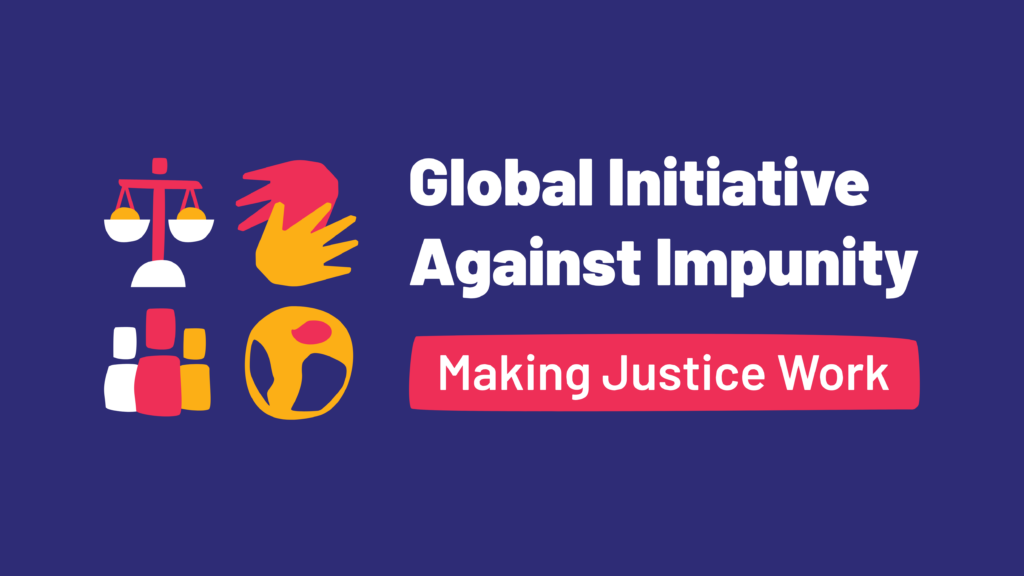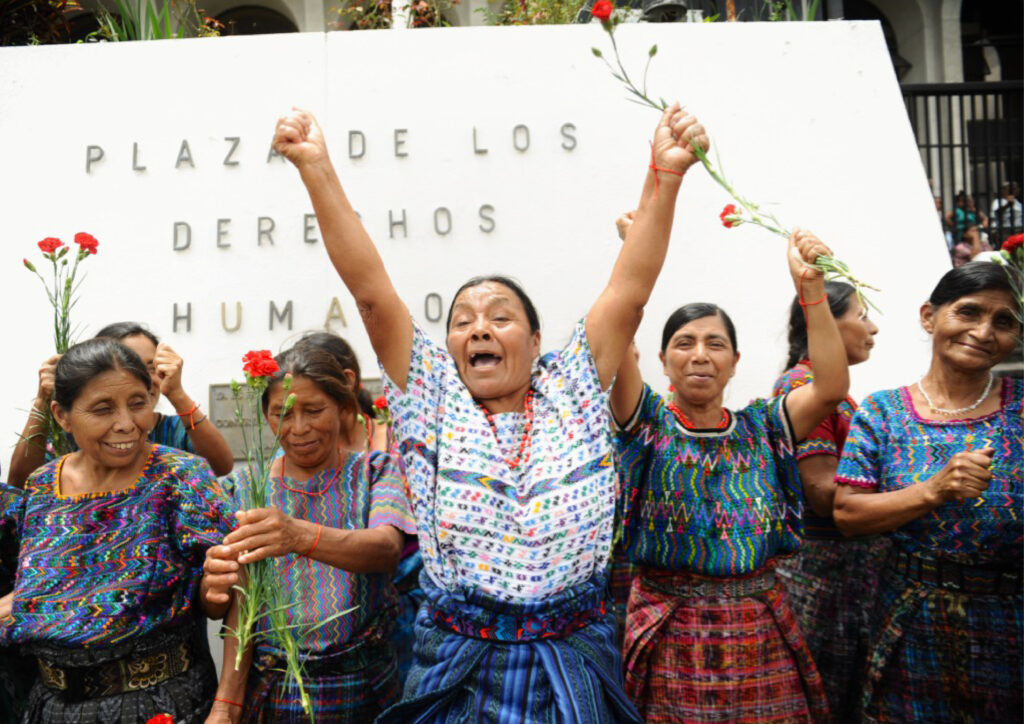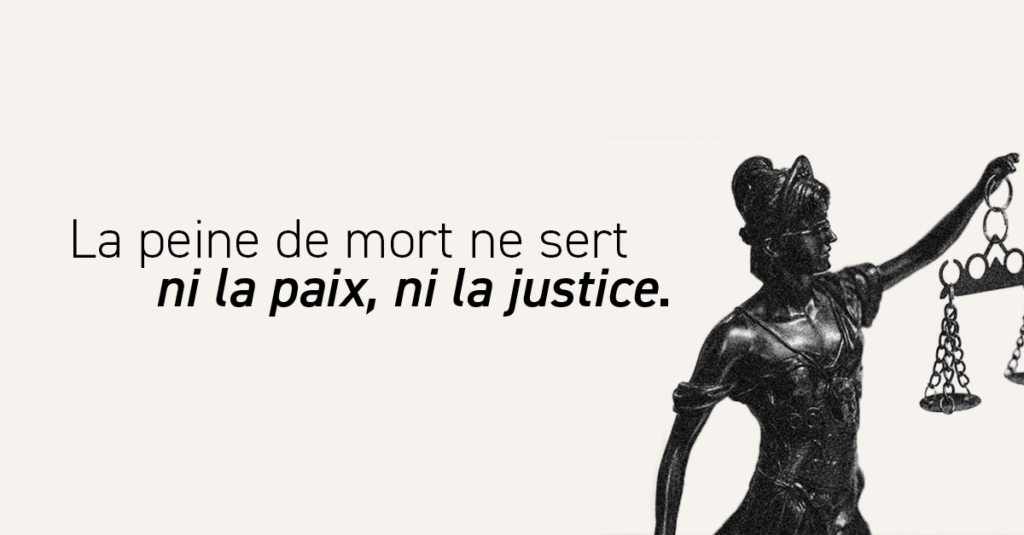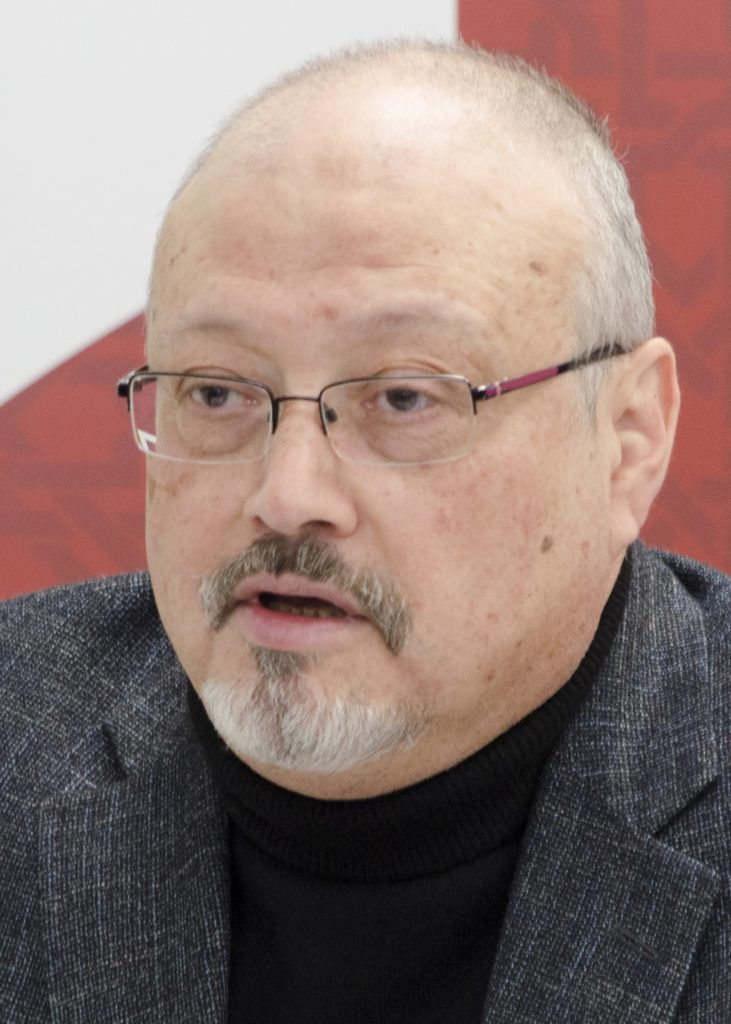Nepal: Workshop helps to shed light on human rights
A workshop organized by the Human Rights and Justice Center, TRIAL International’s partner, and the Conflict Victims Common Platform, enabled victims’ leaders to share information about one’s basic rights and how to gain access to justice.
Throughout the three-day workshop, subjects ranging from local, international and humanitarian law were addressed.
Moreover, examples of foreign human rights cases brought to international jurisdictions were examined to demonstrate that Nepalese cases too could be brought further. A process that remains unclear for most of the population.
“If I had participated in this workshop before, I would have taken the case of my brothers’ disappearance to the Human Rights Committee,” said Prem (assumed name). “But now, I know how to gain access to my basic rights.”
Leading the fight for justice
Victims’ leaders are members of Nepal civil society advocating for human rights. They either suffered directly from human rights violations or through the personal abuse of a family member. In both cases economic hardship, stigmatization and trauma were brought upon them and, despite the difficulties, they decided to speak up.
Joining the workshop provided them with tools to help their community. Daily, they have to deal with cases of enforced disappearances and other crimes committed during and after the civil war. With no knowledge about human rights and the judicial process, reaching justice seemed near to impossible.
“Everyone should be aware of their rights, because they are a weapon against injustice,” said Lucie Canal, interim Head of TRIAL International’s Nepal program. “We hope that this workshop can contribute to help victims’ leaders gain sufficient knowledge to lead the way towards justice for all Nepalese.”
Lack of implication from the state
Another source of drag is the fact that human rights are a neglected topic in Nepal’s political sphere. In addition, the transitional justice bodies put in place three years ago to bring compensation to civil war victims are filled with deficiencies.
“The state does not show any concern, victims and families are not getting compensations and the offenders are not getting punished,” said Milan (assumed name). “If justice gets delivered to victims it would help to heal their wounds.”
This workshop provided a space to exchange and meet other local actors engaged in the fight against impunity. United, aware of their rights and with the same goals in sights, victims’ leaders got out of the workshop stronger and with their determination untouched.








